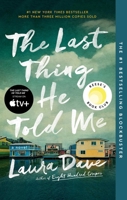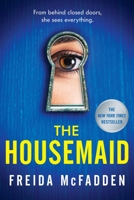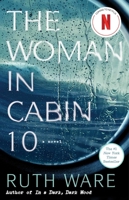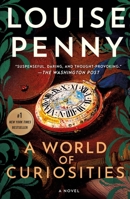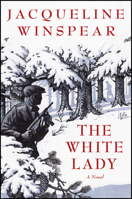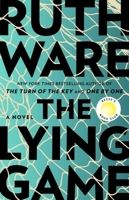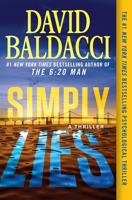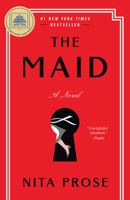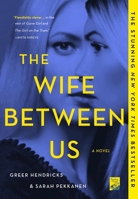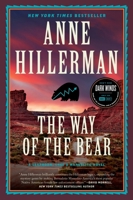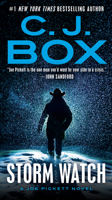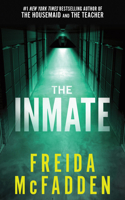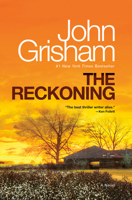David Jones and Rome: Reimagining the Decline of Western Civilisation
This interdisciplinary and archival study explores the reception of ancient Rome in the artistic, literary, and philosophical works of David Jones (1895-1974)--the Anglo-Welsh, Roman Catholic, First World War veteran. For Jones, the twentieth century was a period of crisis, an age of conflict, disillusionment and cultural decay, all of which he saw as evidence of the decline of Western civilisation. Across his lifetime, Jones would create a dynamic vision of ancient Rome in an attempt both to understand and to challenge this situation. His reimagining of Rome was not founded on a classical education. Instead, it was fashioned from his lived experience, extensive reading, and--most importantly--his engagement with four areas of contemporary discourse that were themselves built upon intricate and conflicting representations of Rome: British political rhetoric, cyclical history, the Catholic cultural revival, and the Welsh nationalist movement. Tracing Jones's developing approach to Rome across these contexts can provide a way into his art and thought. Whether in his poetic fragments, watercolours, essays, letters, marginalia or unique painted inscriptions, Jones strove to question, complicate and remake Rome's relationship with modernity. In this way, Rome appears in Jones's works both as a symbol of transhistorical imperialism, totalitarianism, and the mechanisation of life, and simultaneously as the cultural and religious progenitor of the West, and in particular, of Wales, with which artists must creatively reconnect if decline was to be avoided.
Format:Hardcover
Language:English
ISBN:0198868197
ISBN13:9780198868194
Release Date:May 2022
Publisher:Oxford University Press
Length:432 Pages
Weight:1.90 lbs.
Dimensions:1.0" x 6.5" x 9.5"
You Might Also Enjoy
Customer Reviews
3 customer ratings | 3 reviews
There are currently no reviews. Be the first to review this work.













